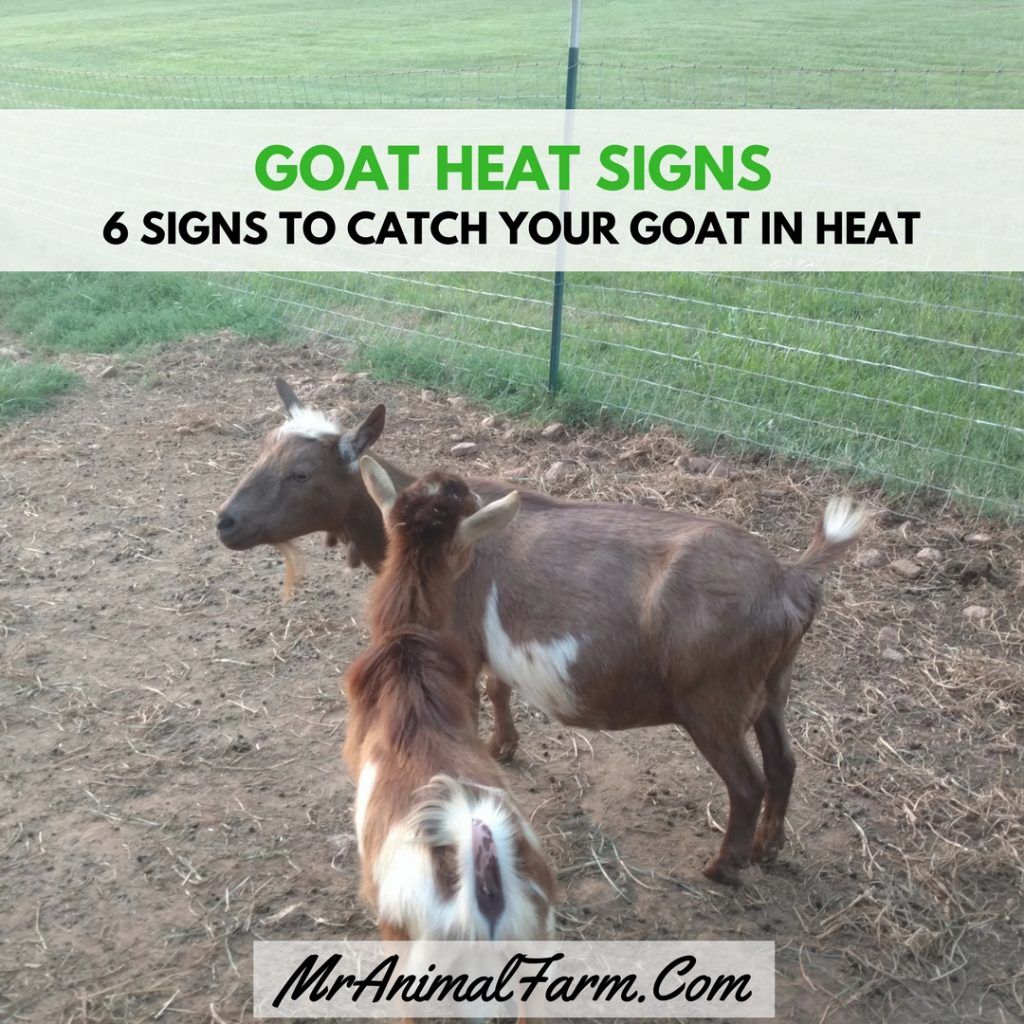Introduction:
Raising goats can be a rewarding and fulfilling experience, whether you have them as pets or for farming purposes. However, like any animal, goats require proper socialization and training to ensure they grow into well-behaved and manageable companions. In this article, we will explore the importance of socialization and training in raising goats, how to manage heat stress during hot summer months, and how to identify and address common behavioral issues in pet goats.
Section 1: The Importance of Socialization
Socializing your goats is crucial for their overall well-being and development. When goats are properly socialized from a young age, they learn to interact with humans and other animals in a positive manner. Here are some key points on why socialization is essential:
1. Building Trust: By spending time with your goats regularly, they learn to trust you as their caregiver. This trust forms the foundation of a strong human-animal bond.
2. Reducing Fearfulness: Goats that have been properly socialized tend to be less fearful of new people or situations. They become more confident when facing unfamiliar environments or encountering strangers.
3. Preventing Aggression: Socialization helps prevent aggressive behaviors in goats by teaching them appropriate ways to interact with both humans and fellow animals.
4. Easier Handling: Well-socialized goats are easier to handle during various activities such as milking, hoof trimming, or veterinary check-ups.
5. Better Adaptation: Properly socialized goats adapt better when introduced into new herds or moved to different locations.
Section 2: Training Techniques for Well-Behaved Goats
In addition to socialization, training plays a vital role in ensuring that your goats behave appropriately in different situations. Here are some effective techniques for training well-behaved goats:
1. Positive Reinforcement: Use treats or rewards such as small pieces of fruits or vegetables when teaching desired behaviors like walking on a leash or standing still for grooming.
2. Clicker Training: Clicker training involves using a clicker to mark desired behaviors, followed by a reward. This technique helps goats associate the sound of the clicker with positive reinforcement.
3. Consistency: Be consistent in your training methods and expectations. Use clear cues and commands to communicate with your goats consistently.
4. Patience and Persistence: Goats may take time to understand and respond to training commands. Stay patient and persistent while teaching them new skills or correcting unwanted behaviors.
5. Avoid Punishment: Positive reinforcement is more effective than punishment when it comes to goat training. Avoid physical force or harsh discipline, as it can lead to fearfulness or aggression.
Section 3: Managing Heat Stress in Goats
Goats are susceptible to heat stress during hot summer months, especially if they lack proper shade, ventilation, and access to fresh water. Here are some tips for managing their well-being during such times:
1. Shade Provision: Ensure that your goats have access to shaded areas throughout the day where they can escape direct sunlight.
2. Ventilation: Adequate airflow is important for preventing heat stress in goats’ living areas or barns. Install fans or provide open windows/doors for improved air circulation.
3. Fresh Water Availability: Keep fresh water available at all times and check multiple times a day that it is not contaminated or too warm due to the sun’s heat.
4. Cooling Methods: Provide misters or sprinklers near grazing areas so that goats can cool themselves down by getting wet when needed.
5. Adjust Feeding Schedule: During extreme heat, adjust feeding schedules by offering smaller meals more frequently rather than one large meal at once.
Section 4: Addressing Behavioral Issues in Pet Goats
Pet goats may develop certain behavioral issues that need attention and correction for their overall well-being:
1. Aggression towards Humans/Animals: If a pet goat becomes aggressive, it is essential to identify the underlying cause. Consult with an experienced veterinarian or animal behaviorist for guidance on how to address and correct this issue.
2. Excessive Chewing: Goats have a natural inclination to chew, but excessive chewing can be destructive. Provide appropriate toys or objects for them to chew on and redirect their attention when they engage in undesirable chewing behaviors.
3. Escaping Enclosures: Some goats may try to escape their enclosures due to boredom or lack of stimulation. Ensure that their living area is secure and enriched with toys, climbing structures, or other forms of entertainment.
4. Excessive Vocalization: Goats are known for being vocal animals, but persistent excessive vocalization can be a sign of distress or discomfort. Investigate potential causes such as illness, hunger, or loneliness.
5. Overeating/Selective Feeding: Monitor your pet goat’s feeding habits closely to prevent overeating or selective feeding. Provide balanced diets and ensure all goats have access to food without any dominance issues among them.
Conclusion:
Proper socialization and training are crucial in raising well-behaved goats whether they are pets or part of your farming operation. By investing time into socializing young goats from an early age, you build trust, reduce fearfulness/aggression while making handling easier for various activities like milking and hoof trimming.
Training techniques such as positive reinforcement using treats/rewards and clicker training can help teach desired behaviors effectively while being consistent yet patient during the process.
Managing heat stress during hot summer months is vital by providing shade, ventilation along with access to fresh water at all times especially in extreme temperatures.
Lastly addressing behavioral issues requires identifying the root cause which may involve consulting with professionals like veterinarians/animal behaviorists who can provide guidance on corrective measures.
By implementing these practices in your goat-raising journey, you will create a harmonious environment where both you and your goats can thrive.


Leave a comment